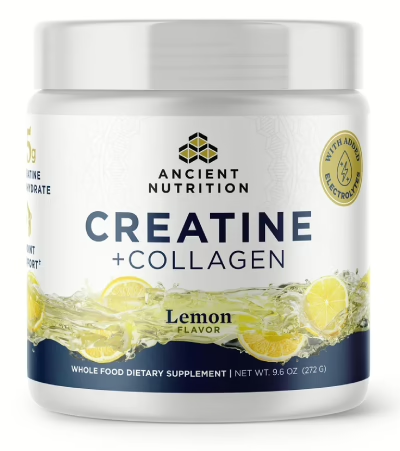Nothing says summer quite like the sun, the beach and of course, a barbecue. But before you fill up that gas tank and fire up the grill, it’s important to remember this: While barbecue meats can create a delicious summer meal, high-temperature grilling can quickly turn that perfect meal carcinogenic.
Wait, what? Yes. Read on.
What happens when you grill meat?
There are two types of chemical reactions that occur when you barbecue meat.
First, fat drippings from meat create smoke that contains chemicals called PAHs (polycyclic aromatic hydrocarbons). When the smoke surrounds the meat during the cooking process, it transfers those carcinogenic PAHs onto the meat itself.
Second, when you grill meat at high temperatures (about 300˚F or above) and/or for long periods of time, a reaction in the food occurs, creating HCAs (heterocyclic amines). Most HCAs are found in meat that has been fried or grilled (both high-temperature cooking methods).
Lower temperature cooking methods like boiling, baking, or poaching tend to produce the least amount of HCAs. It’s also important to remember that both charcoal and gas grilling expose foods to high temperatures. However, with gas grills you have the option of controlling the flame, and therefore the temperature.
Why should you care?
While researchers still aren’t 100 percent sure how much char is too much for human consumption, we do know that PAHs and HCAs cause cancer in animals (however, only at very high doses). The research in humans is not as clear. Some studies have shown a correlation between eating well-done, fried, or barbecued meats and increased risk of colon, pancreatic and prostate cancer.
Bottom Line: If you tend to live by the precautionary principle, you want to try to limit your exposure as much as possible.
What can you do to reduce carcinogens when you grill?
Don’t ditch the grill this summer, just use these simple tips to make your cookout less carcinogenic.
-
Grill, Don’t Burn
Remember to cook meat until it is brown, not black. Aim for cooking meat until it is medium rather than well done.
-
Go Lean
Lean meats are not only great for heart health, but can also help stop the formation of PAH’s. Since fat drippings are key to PAH development, less fat means fewer carcinogens. Your heart will thank you, too!
-
Put Time into Prep
Marinating meat before cooking helps lessen HCA formation. Also, try cutting meat into small pieces as they will cook faster and spend less time on the grill, reducing the likelihood of carcinogen formation.
-
Trim the Burn
HCA’s are only found in burned or charred parts, so remove any burned parts before serving.
-
Load up on Veggies
As the buildup of carcinogens is associated with grilling protein-rich foods like chicken and steak, vegetables do not create these carcinogens when burned. So load up the veggies on the grill. Try grilling corn, asparagus, or carrots.




























